Meet a pastor who seeks to reach families with Biblical truth through historical fiction and fantasy for children and in-depth theological analysis for adults. Explore the landscape of America during the time of the revolution with your children as we dive into the works of pastor Douglas Wilson.
Douglas Wilson (June 18, 1953 - ), a prolific author and Reformed pastor of Christ Church in Moscow, Idaho, has been a vital advocate of a robust and Biblically grounded Christianity. Through online outreach and cultural engagement, he has been a lightning rod for controversy as well as a catalyst for positive social change, truly impacting our world with the light of the gospel. Having spent most of his childhood in Annapolis, Doug joined the navy following high school. He later attended the University of Idaho where he met and married his wife, Nancy.

He and his wife have been blessed with three, now adult, children and many grandchildren. Two of his children, N.D. Wilson and Rachel Jankovic, have also authored books for children and young adults. Doug has endeavored for decades to build facilities that glorify God within the town of Moscow -- Christ Church, New Saint Andrews College, Logos School, and Canon Press. A proponent of classical education, Doug and the other founders implemented this method of education in Logos School and New Saint Andrews College.

Doug also uses his gift of communication to maintain a blog and corresponding YouTube channel, Blog & Mablog, where he addresses current cultural issues from a conservative Biblical viewpoint; in addition, Doug has authored more than fifty books with something for every age group. Wilson’s ability to clearly express Biblical concepts to any audience while maintaining the integrity of the message is refreshing and makes his works go-to resources for information on nearly every theological topic or cultural issue. 1

Enjoyable Works

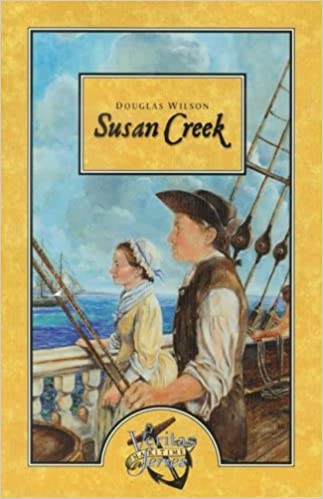
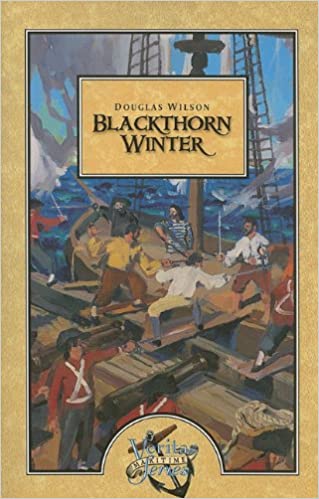
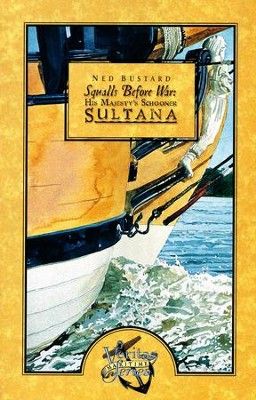
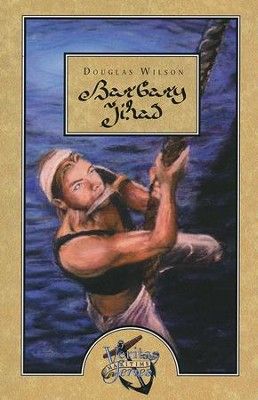
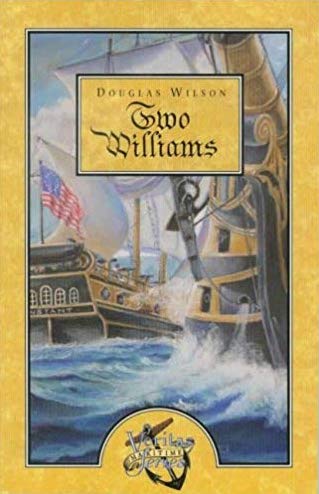
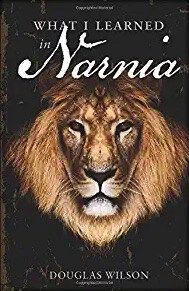
Geography

During the seventeenth and eighteenth centuries, Europeans began settling colonies in the New World for a variety of reasons -- mainly religious freedom and political freedom. By the late eighteenth century, the colonies worked together to earn freedom from Britain during the American Revolution and establish the beginning of the United States of America.

Using the above map of the United States, children can complete this map of the thirteen colonies. Please note, for simplicity, children are labeling a map of the current state boundaries; the boundaries for several colonies were slightly different during the time of the American Revolution as the western boundaries had not yet been fully explored and claimed.
Copywork
Pastor Doug Wilson has been gifted with the ability to deliver theological truths in somewhat shocking ways that resonate with the reader. In his book, Exhortations: A Call to Maturity in Worship, Wilson includes the following exhortation to remind Christians that hearing and studying the Word of God should expose areas in need of attention within their lives. Use this copywork as an opportunity to teach children to recognize the prodding of the Holy Spirit in their lives.
-Pastor Wilson
Extensions
Being able to commit lists of information to memory is a lifelong muscle that needs frequent exercise. While rote memorization could be used, children often excel when additional modalities of learning are incorporated into their memory work. Educational theorist and psychologist, Howard Gardner, published much work about the uniqueness of each child, stating that each child has strengths in at least one of the following areas -- verbal, auditory, logical, kinesthetic, musical, interpersonal, intrapersonal, naturalistic, and existential.

As Christians, we know that our children are unique individuals, made in the image of God, and are given a variety of strengths. Inviting your child to learn in a variety of ways will make the process more delightful and the information to be remembered. Putting the list to music, drawing a composite picture that incorporates cues for each word, or assigning actions for each word can be effective strategies.
One constructive approach is to create a story incorporating the words from the list or clue words that point back to the original list and illustrating key pieces of the story. By rereading the story and looking at the illustrations, children can memorize a list of items in the correct order. Here's an example of a story to help memorize the thirteen original colonies.
The method of making learning cater to the strengths of the child ensures a more enjoyable experience for all. For example, instead of always copying spelling words in a notebook, try using paint, sidewalk chalk, blocks, or shaving cream in the shower to practice each word. Other fun activities could include speaking into a karaoke machine or spelling words to grandparents over the phone. With a little creativity, learning can come alive for our children.
Additional Resources
Williamsburg, Virginia and surrounding areas provide opportunities for educational experiences and gaining insight into what life was like in the American colonies. Colonial Williamsburg, Jamestown, and Yorktown are living museums that bring the time of the Revolutionary War alive for families. See firsthand what a town would be like, what jobs men and women would have, what food would be grown and eaten, and even a drum and fife corps. Colonial Williamsburg also offers virtual tours and special events for homeschooling families.

A children's video series, The Liberty Kids, a fictionalized story about a young boy named James during the time of the American Revolution, uses a child-friendly approach to explain the events of the time period. This series is also available as a DVD collection.
For additional works and resources by Douglas Wilson, please visit Blog & Mablog and Canon Press.
Footnotes
1.
Douglas Wilson (theologian) - Wikipedia




Join the conversation